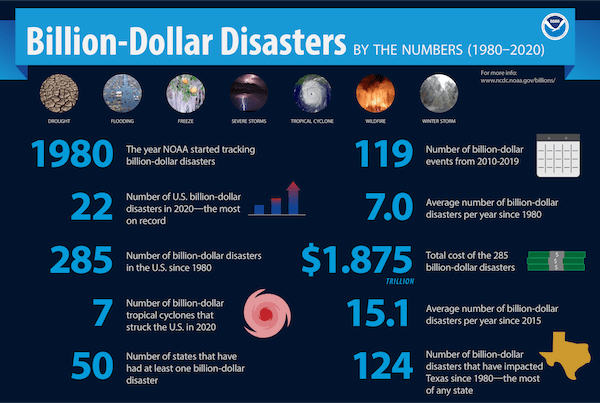The Gulf Stream — one of Earth’s major climate-regulating ocean currents — is now thought to be moving slower than it has in thousands of years, a new study suggests. Some are arguing the current could slow down to a point of no return, and in the process further alter and impact the climate on both sides of the Atlantic.
The Gulf Stream (also known as the Atlantic Meridional Overturning Circulation, or AMOC) is essentially a “giant conveyor belt” along the East coast of the United States. The current begins near the Florida Peninsula, carrying warm surface water north toward Newfoundland before meandering east across the Atlantic. By the time it reaches the North Atlantic, that warm surface water becomes cooler, saltier and denser, sinking into the deep sea before being driven south again, where the cycle repeats. According to Rahmstorf, the current moves more than 5.2 billion gallons (20 million cubic meters) of water per second, or “almost 100 times the Amazon [River] flow.”
Several studies have shown that a slowdown of the [AMOC] exacerbates sea-level rise on the US coasts, alters ocean temperatures, and can have a big impact on weather extremes that move over the US.
The Potsdam Institute for Climate Impact Science in Germany believes the Atlantic Meridional Overturning Circulation or AMOC, which includes the Gulf Stream is responsible for moderating large parts of the world’s climate. They also concur through their own studies that it has become much more unstable.
Scientists are using the new studies in attempts to resolve a hot topic of debate among the community that investigates ocean currents, whether the AMOC’s weakening means it will simply circulate a little bit more slowly, or if it means the AMOC is about to flip to a permanently weaker pattern that may bring along much more extreme weather patterns and shift climates in certain regions. i.e., perhaps it starts getting hotter earlier in the Dakotas, or colder later in certain locations down South.
It’s interesting to me when I think about how long Earth has been here and how little weather and climate data we really have. If we believe there was once an Ice Age and a Great Flood then why would think or believe that the climate ever stops changing. I find it odd that Earth endured such massive changes in climate hundreds and thousands of years ago during a period of no cars, no planes, and no major industries. Maybe we are not looking in the right place… perhaps all of the change that happens below the surface and in the Oceans is what shifts and changes our climates? Perhaps it’s the shifting of the stars and the Galaxy that slightly alter the moon and the Earth’s rotation and cause a change in the high and low tides?
I’m certainly not trying to be facetious or discount all of the studies and data on climate change. I’m simply saying in the grand scheme of things and considering these are the same scientists who agree that the earth is +4.5 billion years old, we don’t even have a small fraction of data and history to consider all of the possibilities and reason for a slight change. Keep in mind, during the early Paleozoic period, California was thought to be entirely covered by a warm shallow sea. Scientists believe throughout most of its history, Florida has been underwater. This is probably why they never discover any Dinosaurs down in Florida. I know this might sound crazy, but Texas was once underwater. Many scientists will tell it was a very interesting and different time many millions of years ago, specifically, there was a period where it was a much warmer time, like +20 to +30 degrees warmer on average and naturally the ice caps had melted and more land was covered by the oceans. It’s just so crazy to think about it all and how small our footprint in time really is… Many Christians believe the Earth is only 6,000 years old, so that starts an entirely different debate. Any way you want to slice it there is simply a ton of moving parts and I’m not sure any of us have the right data or the right answers. (Source: livescience, wiki, smithsonian)







